A lot of people are complete dumb-asses when it comes to managing money. My parents were fairly frugal as I was growing up and they gave me enough education to understand and control my spending. This doesn’t appear to be the norm, so I’ll try and impart some of the mindset that has allowed me to live off of savings for a couple years.
A lot of people in the US complain about not having enough money to “make ends meet”, but a lot of people in the US also have $600 smartphones, buy bottled water every day, and pay a hundred bucks a month for TV subscriptions that rots their brains. Over the course of my travels, I’ve met and talked with people that live on a couple of dollars a day. Lots of these people are totally satisfied with their lives. When you examine the lives of “poor” people in the US through the lens of people that are truly poor, you find that they’re actually living like kings. It is this perspective that sets you free.
A good place to start is your bank statement. Take a real look at where your money goes! How much do you spend a month at coffee shops? How much is your cell phone bill? What do you spend every year on gas for your car? Do these financial expenditures bring you proportional amounts of happiness? Fulfillment? Add all these figures up and make pie charts and really wrap your head around where all of your money goes. A couple of dollars a day add up to substantial amounts of money over the course of a year. Is your Diet Coke habit really worth 4% of your income?
Once you have a good understanding of where your money goes, you can start making decisions on where you can spend less. Maybe you’ll move into a smaller apartment. Maybe you’ll sell a bunch of the clothes you bought on a whim. Maybe you’ll trade your car in for an older one or start riding a bike to work. Try to cut out all of the expenses that don't truly enrich your life! These are the parts that won’t be fun or easy, but they’re also the parts that will enable you to live your dream in the end. Find a balance between austerity and happiness and don’t lose sight of the light at the end of the tunnel.
But you’re fooling yourself if you think you can’t achieve some financial independence. Maybe you’re even cheating yourself. Because if you truly want something bad enough, and you exercise enough will power and hard work, you can get it. The only obstacle to your financial freedom is your own mindset.
You’ve got to make sure you’ve got a legit parachute before you jump out of the plane. Quitting your job with just the vague notion that you’re going to “travel the world!” or “ride a bike to India!” would be a pretty rash move. You should do some serious research, develop a budget, come up with a timeline, and really know what you’re getting yourself into.
The internet is goddamn incredible. People have done pretty much anything you can imagine, and they’ve blogged about it. There are so many inspirational stories out there. Read books, send emails, and learn as much as you can about your new life. People are always eager to share their experiences, so take advantage of that. You need to try and understand the nuances of what your new life will be like.
Chances are, your new life is going to be totally different financially from your old life, so there will definitely be some guesstimating and back-of-the-napkin calculations. Do your best, but be realistic. Based on all of these costs, figure out either how much you need to save, or how long you’ll be able to unplug. Plan to have some cushion money stashed away for your return back into the world of work in case it takes a while to get a job again.
The Rascal cost about as much as a nice used car and I put a couple thousand bucks into her before she was ready to leave. She is the perfect boat for me and she has performed beyond my wildest dreams. To give that some perspective, most of my friends drive cars that are worth more than my home and transportation combined. I could’ve probably spent something like $5,000 USD for a plastic pocket cruiser that was big and strong enough to explore Central America and the Caribbean for a year or two with a slightly higher level of risk. The cost of entry isn’t high.
Before I departed, I was expecting to spend something like $10,000 USD per year in living expenses based on all of the budgeting I did. I’ve found that I’m actually spending closer to $15,000 USD per year. Perhaps 35% of that is spent on food and drink which are certainly my greatest vices (but also the ones that I take great pleasure in). Another 30% is spent on boat stuff like replacing ropes that wear out, filling up gas tanks, and buying miscellaneous gear. About 20% is spent on traveling fees that you have to pay to marinas, immigration/customs departments, and port captains. The remaining slice of the pie is spent on random incidentals like health insurance, cell phone service, and clothing. To put that in perspective, I spend the same amount of money each year (living a pretty damn awesome lifestyle if I do say so myself) as a minimum wage worker would earn in the US ($7.25/hr = roughly $15,000/yr).
There are a few specific things I’ll mention that help me save money in my life on the Rascal.
- Health insurance is way cheaper outside the US
- I’m traveling in places where the cost of living (food, basic services, etc) is very low
- When I spent the initial lump sum on the Rascal, I knew I was paying for years of rent and transportation in one fell swoop
- I go without a lot of things: freshwater showers and laundry, for instance, only happen about once a month on average
- I have a very small boat – a 40ft boat could easily cost 5x as much
If at all possible, try to get a real taste of the life you’re contemplating. Take some vacation time to crew on a cruising sailboat. Spend a few weeks hiking the PCT. Sign up for a yoga retreat in Thailand. Make sure you truly enjoy what you’re planning to do, as opposed to just enjoying the idea of it. I didn’t actually do this to be honest, but it seems like solid advice (haha).
Alright – you’ve thrown some money in the ole piggy bank, you’ve built a rock solid plan, and you’re getting ready to burst at the hinges with excitement. What’s next?
Everyone around you probably thinks you’re going to keep busting your ass until age 65 before taking a break. Your boss, your friends, and your family are probably all making plans based on this assumption, so when you break the news you’ve got to do it gently and hope they’re supportive instead of angry for “changing the plan”.
What you’re doing isn’t “normal”, so people won’t necessarily understand or agree with the decisions you’re making. The research you’ve done, the plan you’ve developed, and your realistic budget should help to persuade your friends and family that you haven’t totally lost your marbles. If they truly love you and care about your happiness they’ll support you and help you succeed. You are in charge of your life. You can’t let other people’s opinion’s dictate your happiness.
It took me a long time to build up the courage to actually hand in my resignation. It can be a really, really scary thing and the finality of it is resounding. After you quit, there is no going back. It’s the build up to taking that step that is the hardest part, without a doubt. I was lucky enough to have a few friends as role models, and they gave me the confidence and support I needed to go for it. If you’ve managed to make enough money to quit working for a while, you’re probably going to be leaving some money on the table (impending raises / bonuses / etc) when you go, which obviously makes it even harder. You’ve got to take a step back, however, and think of all the experiences you’re not having as you continue to amass your savings. You can’t put a price on your time.
This is the easy part. Go out and put your plan into action! The first few weeks are kind of a rush as the truth of your new life sinks in. You’ll end up with some growing pains somewhere along the way, so try to remain flexible. It’s good to leave your plans a bit open ended as you adjust to realities that might be a bit different from your plan. The most important thing, in the end, is to have fun, and enjoy yourself. If you find that you need to alter your plans to realize the dream that you envisioned, leave yourself the flexibility to do that.
Each adventure will teach each individual something different. I’ll describe my experience to give you some idea of what you’ll get out of it in the end. I chose cruising on a sailboat for a number of reasons. A sailboat seemed like it would allow me to explore some beautiful parts of the world. I figured it would challenge me and stretch me beyond my comfort zone. I also reckoned that it would reduce my impact on the world around me. These precepts have all proven true over the course of the last year and a half, but there have been other benefits as well.
You frequently hear people saying how unhealthy it is to be constantly stressed out. I’ve always quietly figured it was true, but it has also seemed like a bit of an abstraction. How, specifically, would my well being improve if all my worries melted away? After making a fairly abrupt change from a stressful job (though not nearly as stressful as most of my friends’) to a really slow-paced, relaxed lifestyle, I can honestly say that there is a night-and-day difference.
I think my mental health has improved as well. My sense of self-worth used to be really closely tied to my job performance and I found I’d get really frustrated and anxious if things weren’t going according to plan (even if it was totally beyond my control). I’ve learned a lot about what really matters to me out here and I think I’m a more confident, balanced person because of that.
My mind is free to wander when I’m out on the open sea and I’ve had the chance ponder lots of things that I never would’ve taken the time to consider when I was working full time. I’ve spent a lot of time reading and new ideas that I picked up along the way have evolved my view of the world to a large degree.
Go big, you won’t regret it.
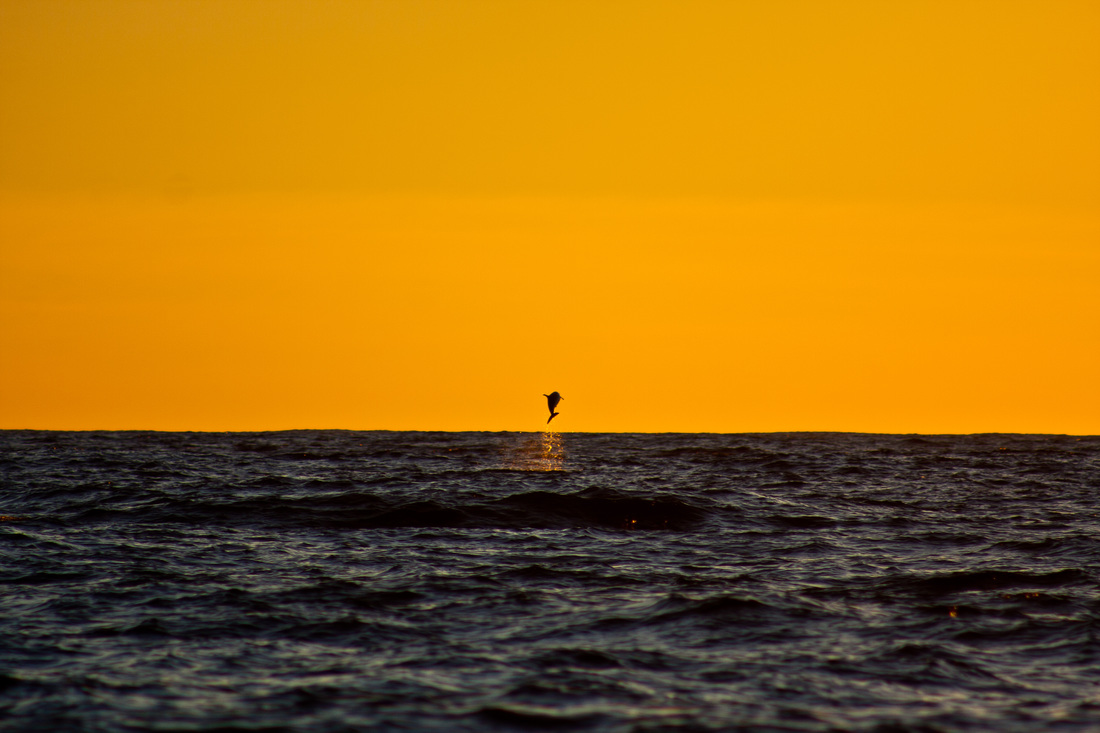
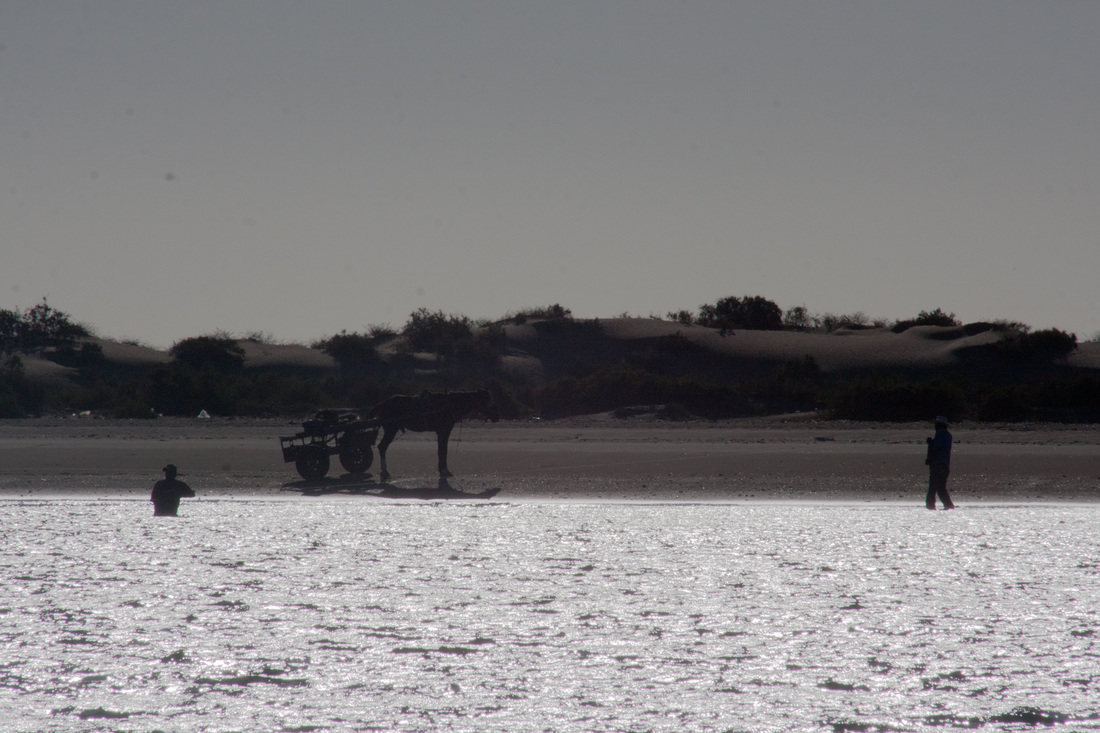


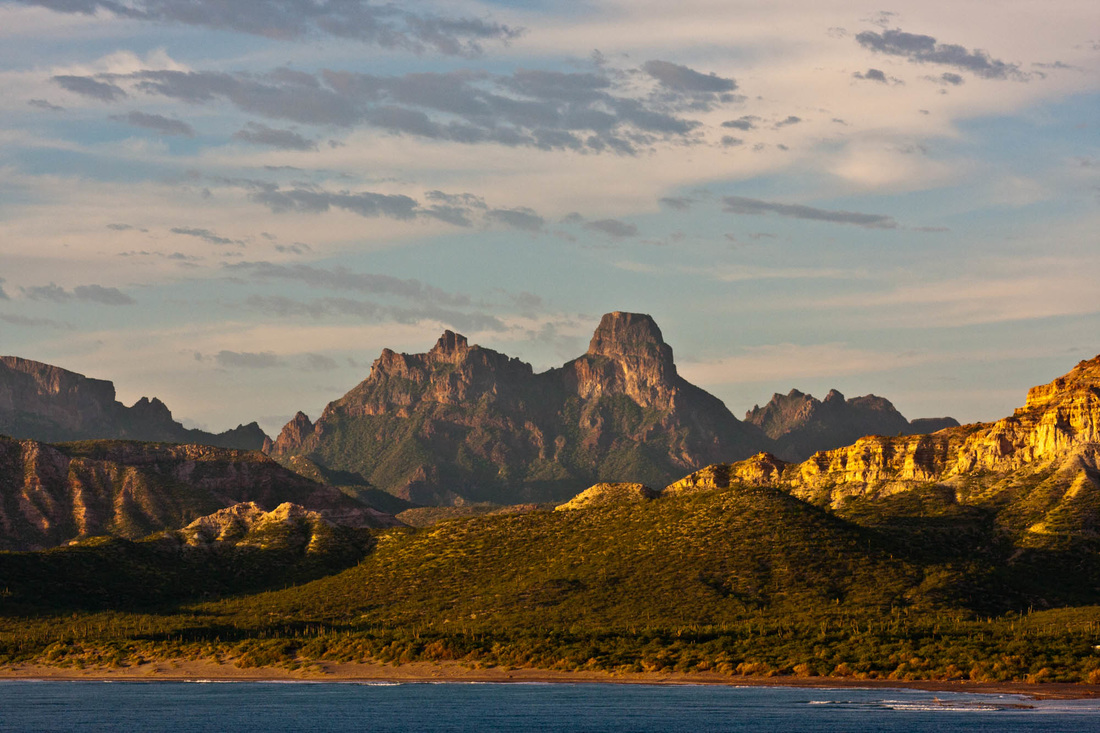
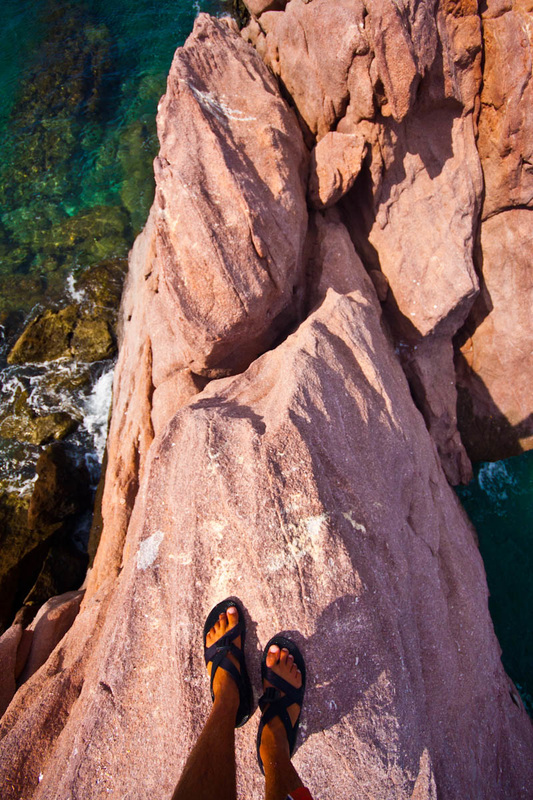
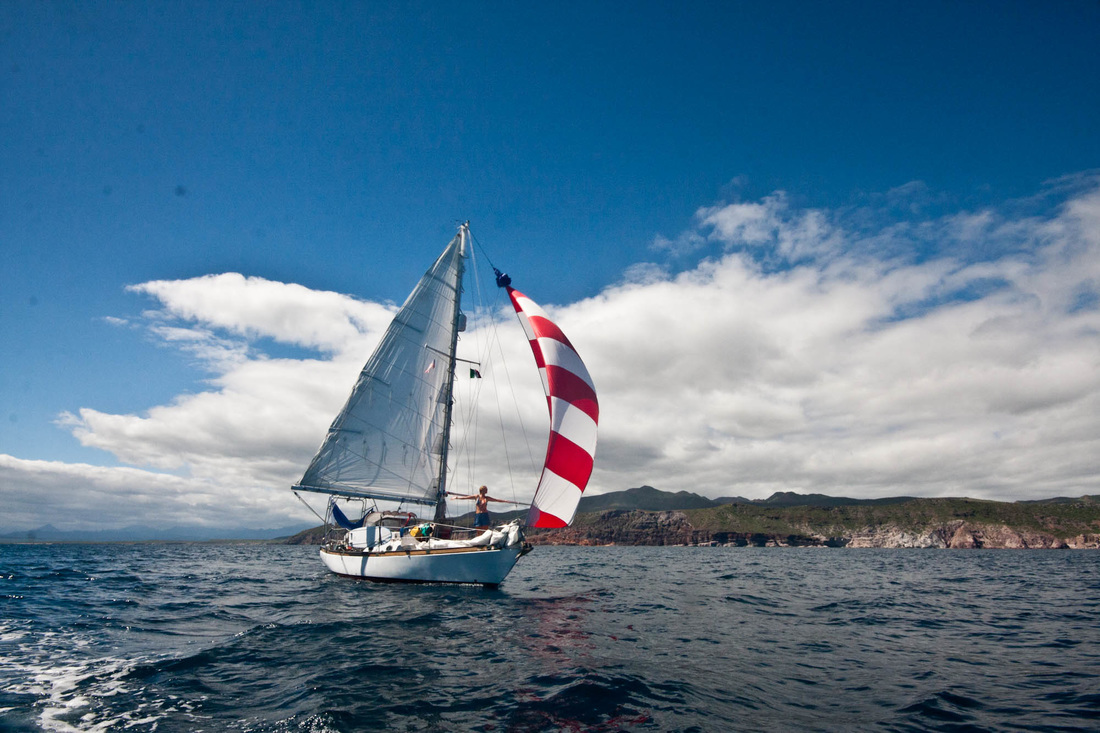
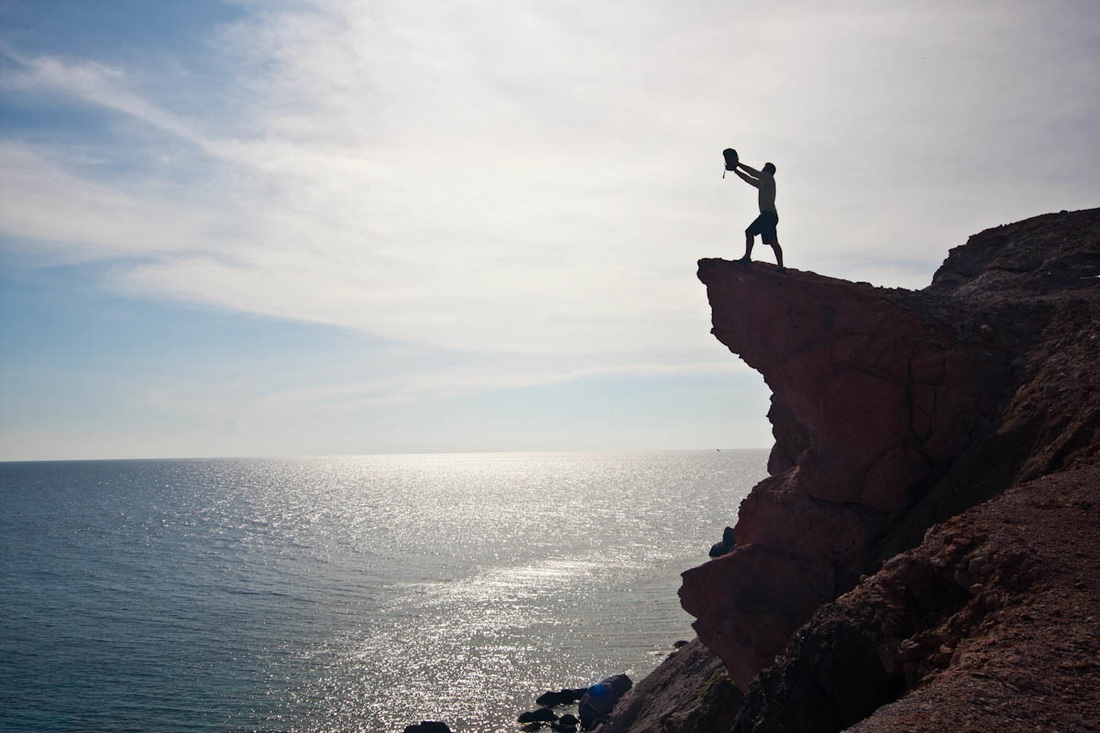
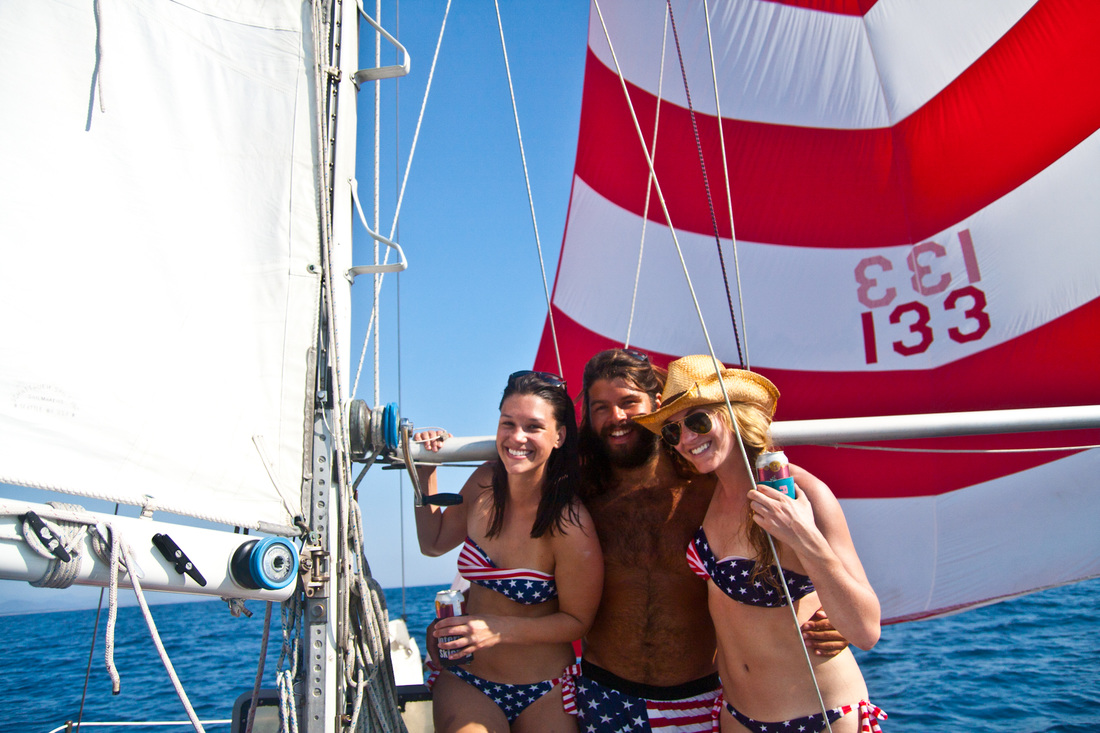
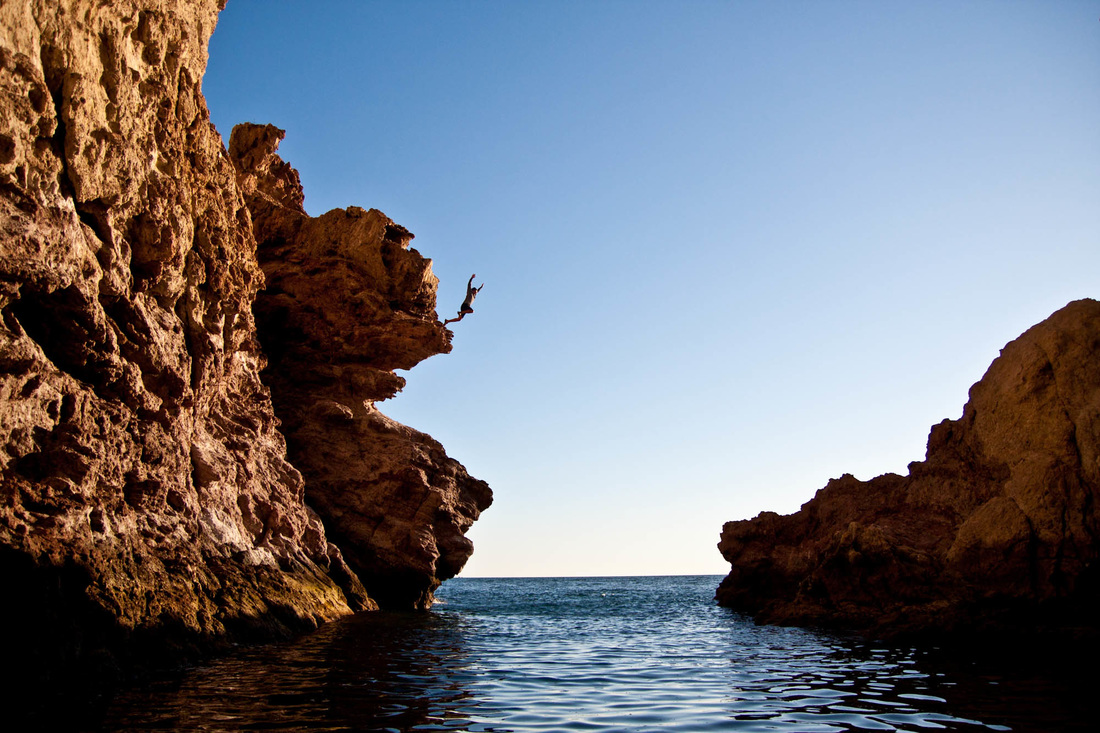

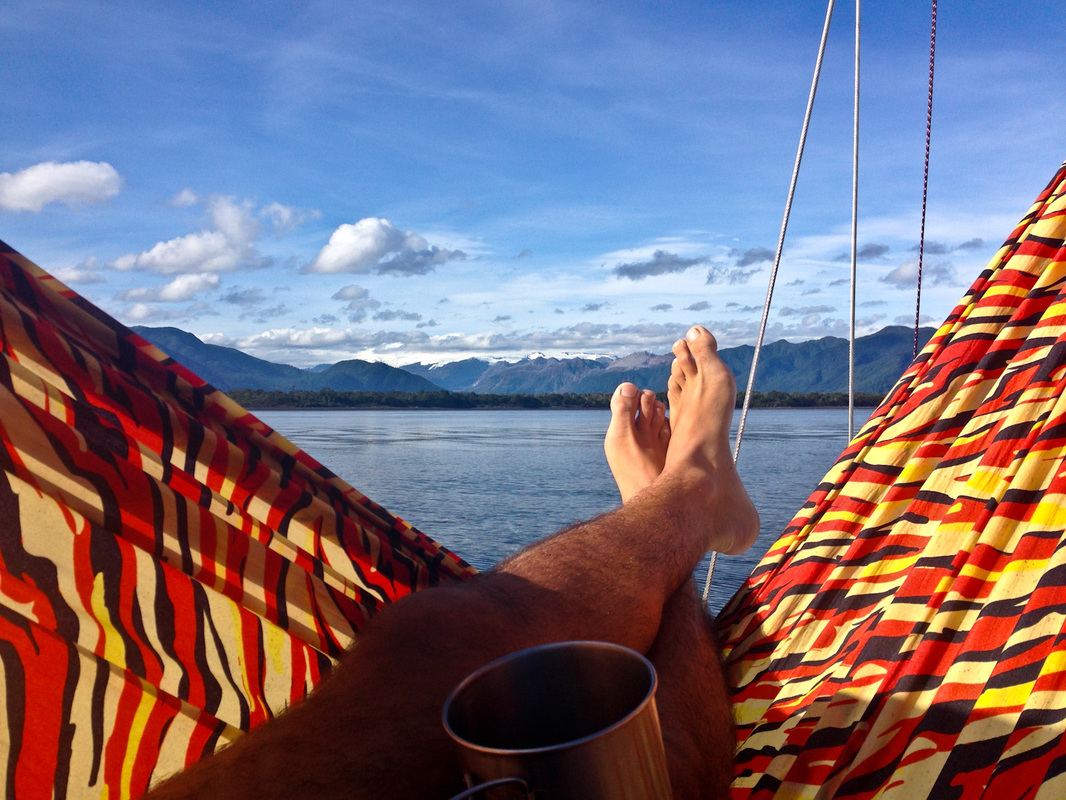




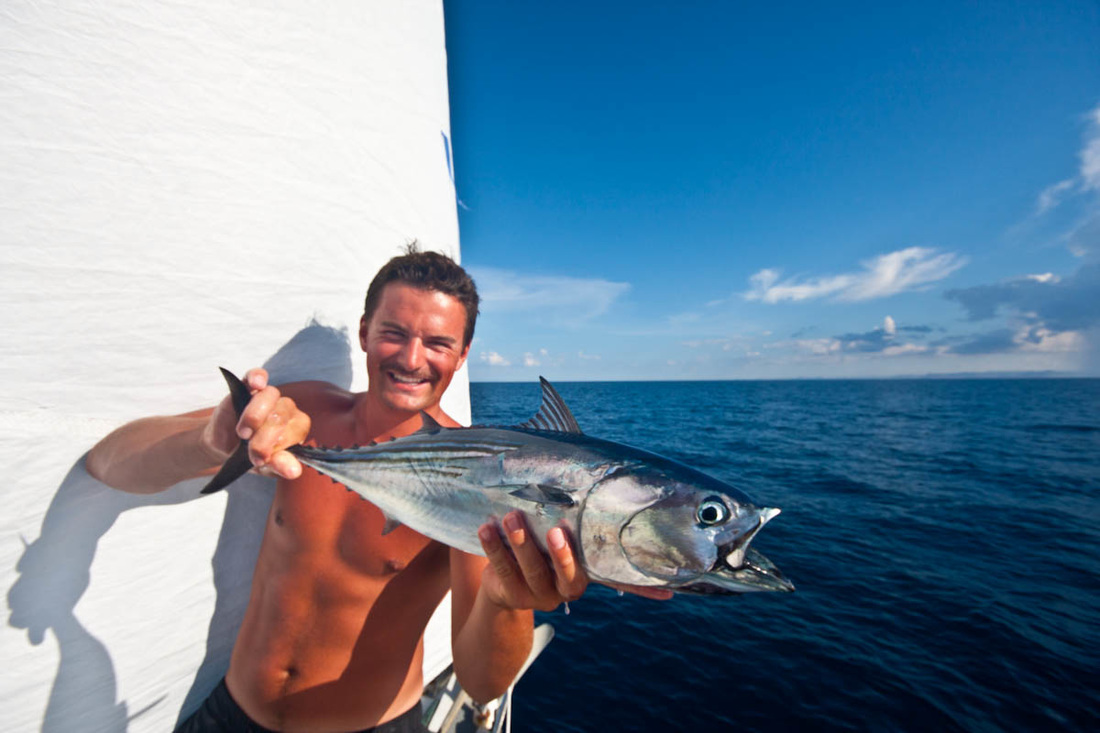
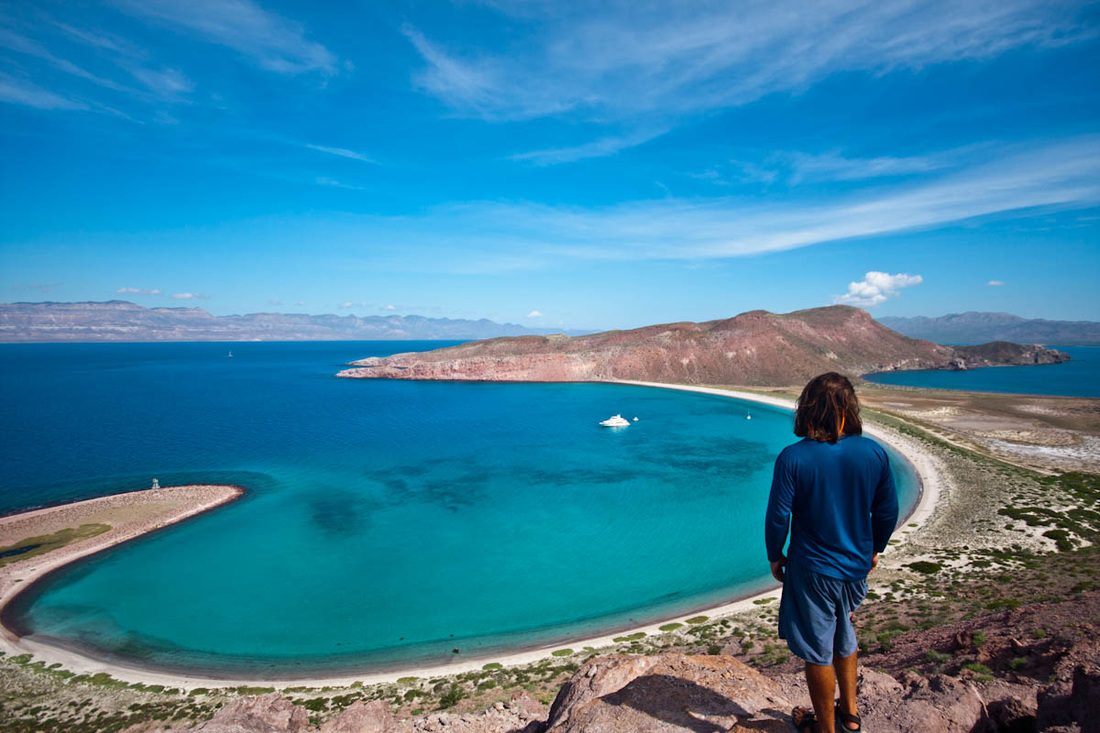

 RSS Feed
RSS Feed
